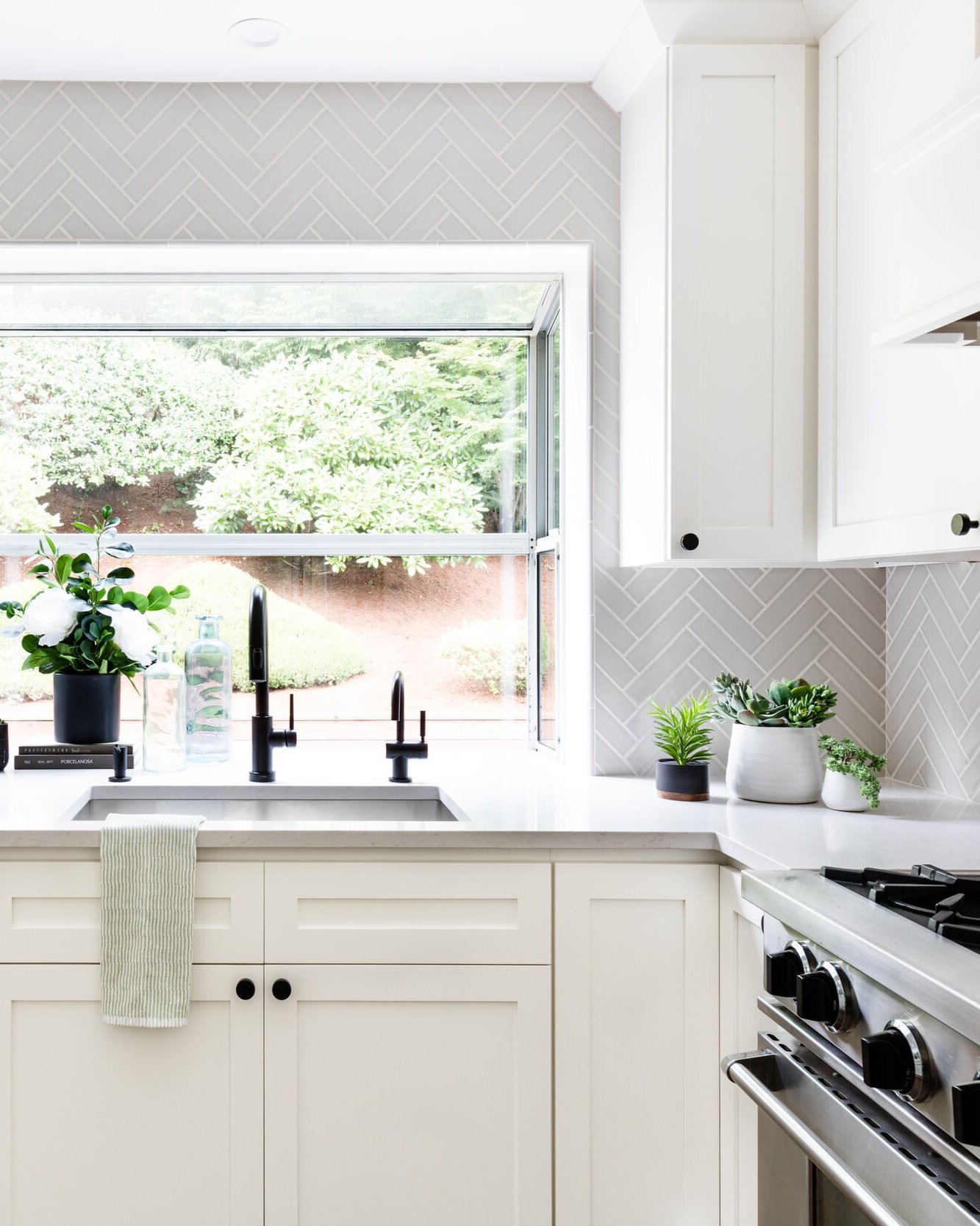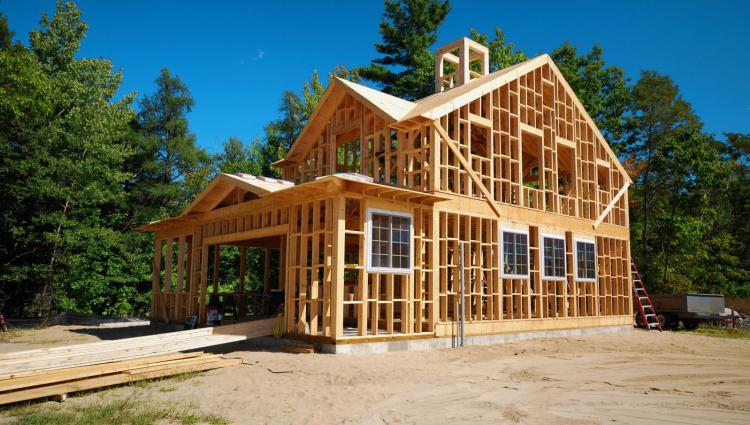
Image source: Getty Images
It’s hardly a secret that home prices are up on a national level — and at a time when mortgage rates are, unfortunately, also up. But you may be surprised at just how much home values have climbed.
In February, the median home sale price reached $363,975, according to Redfin. That represents a 16% increase from February 2021. It also represents the most substantial annual home price gain since August.
It’s also worth noting that the median asking price of newly listed homes reached $390,488 in February. And while asking prices aren’t always reflective of what homes actually sell for, it’s clear sellers aren’t shying away from asking buyers to pay up.
Can you afford a home today?
It may be the case that the neighborhood you’re looking to buy a home in has properties available for much less than the median sale price of $363,975. Or, you may be looking at spending more than that amount on a home.
Either way, it’s important not to go overboard on a home purchase. If you do, you’ll risk falling behind on your mortgage payments — or falling behind on your bills on a whole.
So how can you know whether buying a home is feasible for you? As a general rule, you should aim to keep your housing costs to 30% of your take-home earnings or less. And by “housing costs,” we’re talking about these expenses:
- Your mortgage payment
- Your property taxes
- Your homeowners insurance premiums
- Your HOA fees, if those apply to you
So, let’s say you’re looking at buying a home for $365,000 — roughly what the median home sold for in February. If you have a 20% down payment on hand and lock in a 30-year mortgage at 4.2%, you’ll be looking at a monthly principal and interest payment of $1,428. When you factor in the other expenses above, you could be left spending $2,000 a month on housing expenses.
And so if you bring home at least $6,667 a month, you should feel fairly confident moving forward with that purchase. If your take-home pay is lower, you may want to hold off on buying — or at least on buying that specific home.
That said, you may not feel comfortable spending 30% of your take-home income on housing. Maybe you have other goals you’re trying to meet and want to limit what you’re spending on a house. If you decide you want to keep housing to 20% of your earnings, so be it.
Home prices could come down
As a buyer, it may be disheartening to see home prices keep soaring. But in time, home prices could drop to more moderate levels, especially once more inventory hits the real estate market.
If you’re having trouble affording a home today, don’t push yourself to buy if it’s not a comfortable financial move. There are negative consequences that could ensue if you take on too much house. You may be better off waiting things out, while padding your savings so you’re in an even stronger position to buy down the line.
A historic opportunity to potentially save thousands on your mortgage
Chances are, interest rates won’t stay put at multi-decade lows for much longer. That’s why taking action today is crucial, whether you’re wanting to refinance and cut your mortgage payment or you’re ready to pull the trigger on a new home purchase.
Our expert recommends this company to find a low rate – and in fact he used them himself to refi (twice!).
We’re firm believers in the Golden Rule, which is why editorial opinions are ours alone and have not been previously reviewed, approved, or endorsed by included advertisers.
The Ascent does not cover all offers on the market. Editorial content from The Ascent is separate from The Motley Fool editorial content and is created by a different analyst team.The Motley Fool has a disclosure policy.
The views and opinions expressed herein are the views and opinions of the author and do not necessarily reflect those of Nasdaq, Inc.







